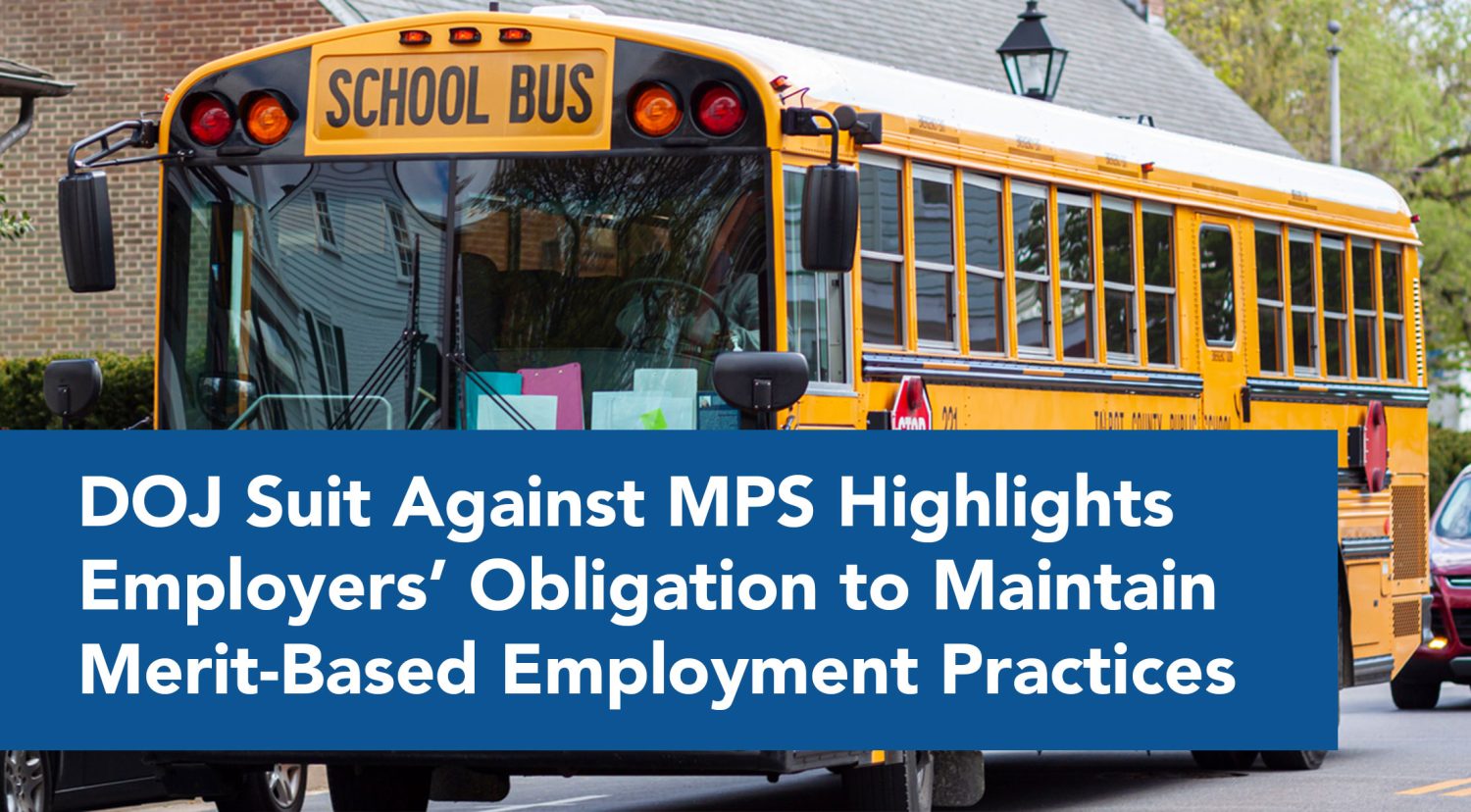Below are some of the most frequently asked questions clients have about “Compensation” issues. If you have any other questions, or would like to schedule an appointment, we would love to hear from you.
Q: Would you change an exempt position for a part-time employee to a non-exempt position because you are paying them hourly?
If you want to pay someone on an hourly basis, the position becomes non-exempt. With the exception of certain positions, paying on a salary basis is one of the three criteria for classifying a position as exempt. Your company can maintain the exempt status by continuing to pay the employee on a salary basis that has been prorated to account for the reduction in hours.
Q: How is the exemption for positions in the computer field different than for other positions?
The computer employee professional exemption applies to computer systems analysts, computer programmers, software engineers, and other similarly skilled workers in the computer field whose primary duties consist of specific duties. Computer employees who meet the specific criteria in terms of skills and qualifications must be compensated on a salary basis at a rate of no less than $455 weekly or on an hourly rate no less than $27.63 hourly
Q: Do we have to pay our employees extra for working nights, weekends, or holidays?
Generally speaking, your company will not need to pay non-exempt employees overtime unless they have worked in excess of 40 hours during the workweek. Some states do require that employers pay at least time and a half for employees who work on certain holidays.
Q: How do we determine the hourly rate for a salaried, non-exempt employee?
For salaried non-exempt employees, you determine their hourly rate based on their total compensation. The hourly rate is determined by dividing the salary by the number of hours the salary is intended to compensate.
Q: For exempt employees, can we deduct for partial-day absences?
Making deductions for absences of less than a day endangers the exempt status. It is safer to require exempt employees to use paid leave for partial day absences. The Department of Labor has considered this action to be permissible since you are not reducing the employee’s compensation.
Q: What is the difference between an employee and an independent contractor?
An independent contractor is typically someone who works for more than one company. Employers aren’t required to withhold income or Social Security taxes or pay unemployment or other state or local taxes on independent contractors. Independent contractors typically set their own hours, make the rules for where they work, work separately from the employer’s premises, send invoices for their services, and have a written independent contractor agreement with their employer.
Q: If we have mandatory training held on Saturday, do we have to pay our employees?
It is illegal for employers to require employees to attend training without compensation, regardless of the day, unless all employees are exempt. If Saturday is not a regular workday, every non-exempt employee who attends the training must be paid at a rate of 1.5 times their regular salary for their attendance.
Q: What is a benchmark job?
Benchmark jobs are used in job evaluations to slot other company jobs around and are also used as a basis for establishing pay programs. A benchmark job is either a job commonly found in the labor marketplace and/or a job that is highly relevant within a company.
Q: What is compa-ratio?
A compa-ratio is a benchmark to determine how close actual pay rates compare to the company defined midpoint of a pay range. A compa-ratio is the average of employee actual pay divided by the range midpoint.




